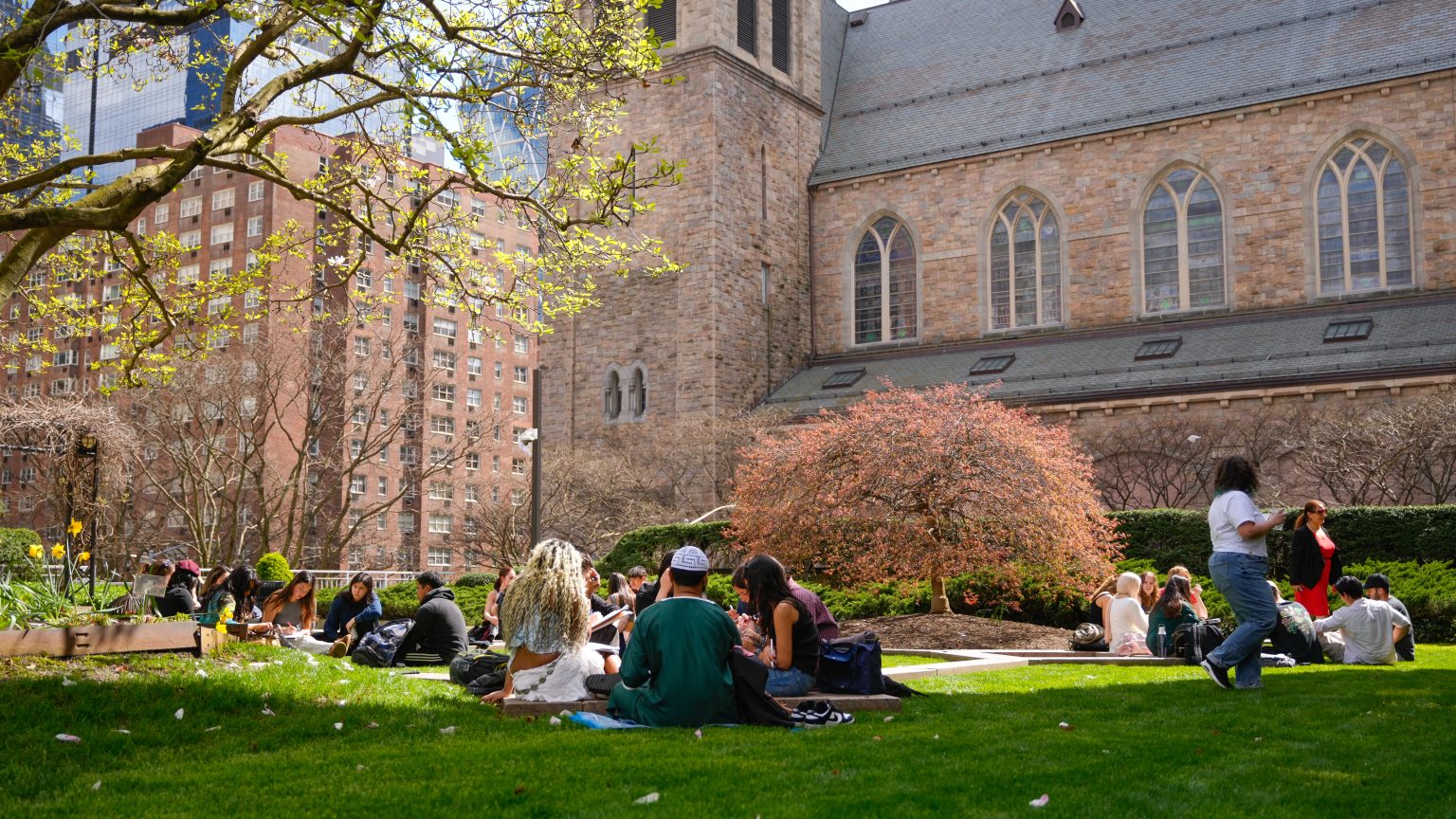Today’s Juneteenth Message is written by Tanya Katerí Hernández, the Archibald R. Murray Professor of Law and Associate Director, Center on Race, Law and Justice.
Dear Fordham Community,
Juneteenth is short for June Nineteenth, and it commemorates the day federal troops arrived in Galveston, Texas, in 1865 to enforce the 1863 Emancipation Proclamation’s abolition of slavery in confederate states. Long before Juneteenth became an official federal holiday in 2021, African Americans in Texas and beyond honored the promise and complexity of the day. Juneteenth represents the promise of a future of full equality while recognizing the longstanding struggle in pursuing a true multiracial democracy. Indeed, each Juneteenth from 1865 to the present has witnessed the bittersweet recognition of racial progress accompanied by violent resistance.
Consider that Juneteenth originates in the simultaneous celebration of slavery’s abolition along with the recognition of the opposition to freedom that caused a more than two-and-a-half-year delay in its legal enforcement, including the two-month delay following the conclusion of the Civil War. Thereafter, the creation of the constitutional right to be free of slavery (13th Amendment) and the right to equality (14th Amendment) were quickly followed by legally imposed barriers to the constitutional promise of racial justice. The structural obstacles included racially imposed prohibitions on property ownership, freedom of movement, voting, employment, and much more. This year’s Juneteenth is witness to the joy of seeing Justice Ketanji Brown Jackson in action as the first Black woman on the Supreme Court, at the same time that the Supreme Court imposes severe constraints on the use of programs of racial inclusion like affirmative action in its SFFA v. Harvard decision. Bittersweet indeed.
For this reason, the domestic Juneteenth holiday resonates with many communities and global social justice movements. People fighting for freedom across the globe value the importance of celebrating social change while also acknowledging the continuing resistance to that change. In the midst of so much global turmoil, let us commemorate Juneteenth, like so many civil rights warriors of the past, by honoring the complexity of celebrating the racial progress that exists while remaining vigilant to all the ways that more work needs to be done.
In Celebration and Contemplation,
Tanya Katerí Hernández
Archibald R. Murray Professor of Law
Associate Director, Center on Race, Law and Justice
Fordham Law School

